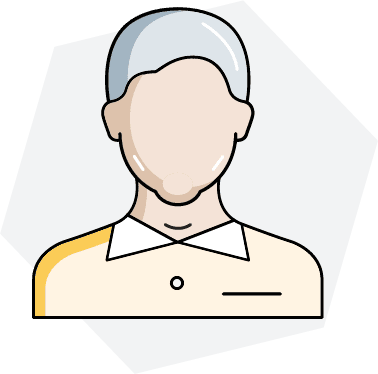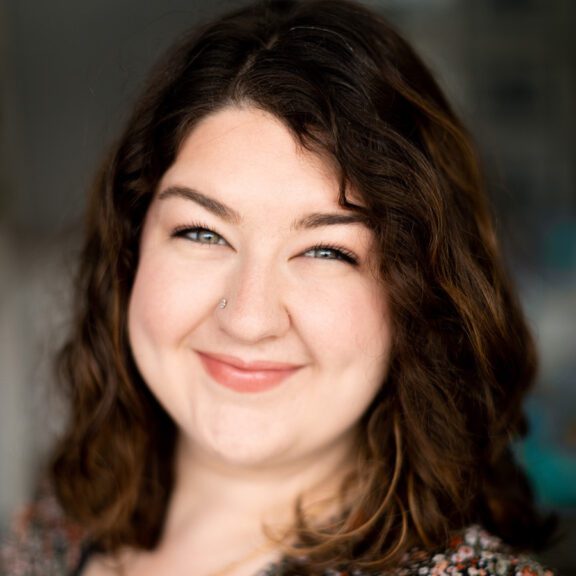Picking the right Medicare plan is crucial to staying healthy as an older adult, but even a great insurance plan cannot cover all of your needs. Aging well requires a holistic approach to your health, incorporating your financial, physical, mental, and physical well-being. Social interaction, community engagement, and nutrition all play an essential role in overall life satisfaction.
However, older adults face barriers to resources and activities that would boost their long-term health. Many individuals lack affordable or reliable transportation, while inflation has increased the number of adults over 65 living in poverty. Still, a variety of local and government programs provide useful resources that complement health insurance coverage, often at low or no cost.
Community Resources
You can find useful social, educational, and nutritional resources from state and local governments, nonprofit groups, and private organizations.
Senior Centers
If you need help figuring out where to start, look to your local senior center. This community hub helps you discover resources and stay connected to your community. More than 11,000 senior centers across the U.S. help 1 million older adults every day, offering health screenings, fitness classes, volunteer activities, arts and education programs, and some emergency services.

Older adults who participate in senior center activities report improved social, economic, and physical health, and even delayed or well-managed chronic conditions.
Meals on Wheels and Other Nutrition Services
About 1 in 4 older adults economize food and necessities due to financial hardship, but programs like Meals on Wheels can relieve the financial burden of maintaining good nutrition. Meals on Wheels supports older adults’ ability to stay in their homes while providing a warm meal and quick safety check. Volunteers may also deliver groceries or pet food delivery, and some provide home repair services.
Adult Day Care Centers
Adult day care centers serve as a valuable alternative to nursing home care for older adults who do not need full-time assistance. They offer therapeutic activities, including games, singing, and art classes. Depending on their needs, individuals can receive nutrition counseling or speech, occupational, or physical therapy.
These facilities operate during typical working hours, allowing caregivers to receive a much-needed respite, while providing an essential social outlet for older adults. Many centers help with transportation, too.
Area Agencies on Aging (AAA)
These state-designated organizations provide resources related to elder rights, nutrition, and caregiving, while increasing access to social support systems. They may offer their own aid or contract with local providers, such as Meals on Wheels, to coordinate care.
AAA facilities go by different names; you can visit Eldercare.acl.gov to find one in your area or look up your state’s Agency on Aging.
Libraries and Other Educational Resources
A free library card offers endless entertainment, with books, magazines, cookbooks, movies, and games available to borrow. But many libraries offer even more, such as classes, educational programs, social events, and other helpful resources. Your local library may schedule tai chi or meditation classes, or connect you with a local volunteer to help you learn new technology.
Visit your local library in person or online, or give them a call to discover what resources they offer.
Transportation Services
Many older adults fear losing their independence if they are unable to drive. Taking advantage of free or low-cost transportation services can help remedy these limitations. Churches, nonprofit groups, and public programs might offer shuttle services, and many cities provide free or heavily reduced transit passes to older adults.
Contact your local Area Agency on Aging to discover what’s available, or call 211 to receive information about local social services.
Healthcare and Financial Assistance
A variety of state, federal, and private resources help older adults access healthcare or pay for essential services.
State Health Insurance Assistance Programs (SHIP)
SHIP offers free, personalized advice to help you navigate Medicare. SHIP employees can answer questions about coverage, eligibility criteria, and your rights under Medicare. They will also help you compare plans or discover whether you qualify for financial assistance.
To find your local SHIP service, visit the program website or call 1-877-839-2675. SHIP receives federal funding through the U.S. Administration for Community Living.

Low-Income Home Energy Assistance Program (LIHEAP)
Older adults often live on a fixed income, which makes rising housing and energy costs particularly challenging. LIHEAP uses federal funds to reduce these costs for eligible individuals; the maximum income level for a one-person household is $21,870.
LIHEAP funds can help you pay your energy bills, make your house more energy efficient, repair or replace energy equipment, or recover after a disaster.
Prescription Assistance Programs
Since Medicare Part A and B do not cover prescription drugs, beneficiaries’ access to lifesaving medication could be limited by their income. Resources like the National Council on Aging’s BenefitsCheckUp connect low-income beneficiaries with patient assistance programs (PAP), which reduce out-of-pocket costs with certain drug manufacturers. Needymeds.org hosts a database of participating drugs and companies as well.
You may qualify for financial assistance through government programs like Extra Help, or enroll in a private prescription coupon card, such as California RX Card, to lower your costs.
Community Health Clinics and Health Fairs
Local health clinics remove barriers to care by providing low- or no-cost preventative services, including screenings, vaccinations, and educational programs. These services help you maintain your health and reduce or manage the onset of chronic conditions.
Free clinics may not provide treatment for serious conditions, but they will help connect you with information and resources to assist you further.
PACE
PACE, or the Program of All-Inclusive Care for the Elderly, is a comprehensive healthcare model designed to support older Americans in maintaining their independence and enhancing their overall well-being.
PACE provides a holistic approach to healthcare by offering a range of medical, social, and wellness services tailored to your individual needs. The program is available to people over 55 — whether or not they have Medicare — who have a certified need for nursing home-level of care. You can find a PACE plan in your area through Medicare.gov.
Putting It All Together
Approaching your health holistically helps you live a longer, more fulfilling life. Small actions, such as visiting your library, signing up for meal delivery, or scheduling a preventative screening, work in conjunction to improve your health and happiness.
Take advantage of free resources like NCOA’s Age Well Planner, which delivers personalized resources and advice on finances, employment, Medicare, and general wellness. You can also call 211 or contact your local Area Agency on Aging to discover nearby resources.
